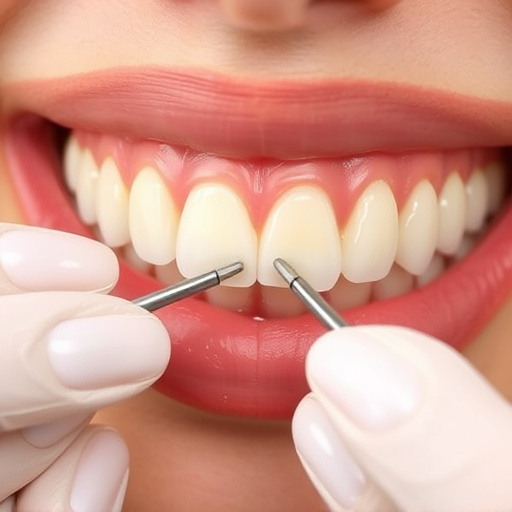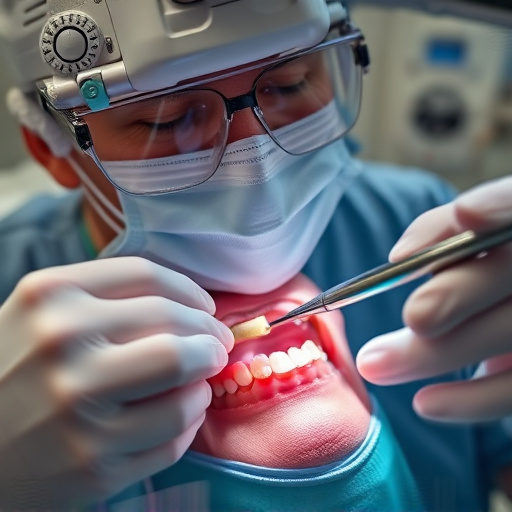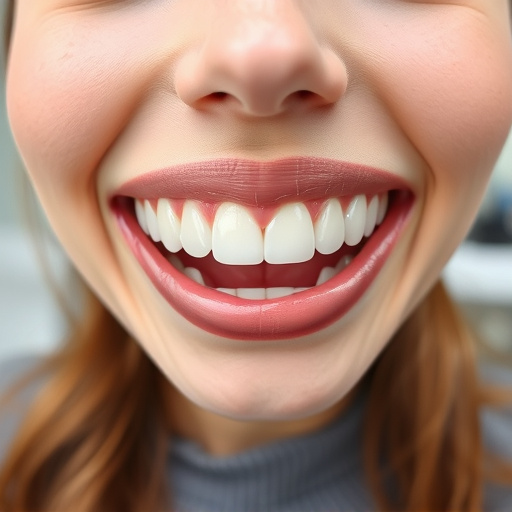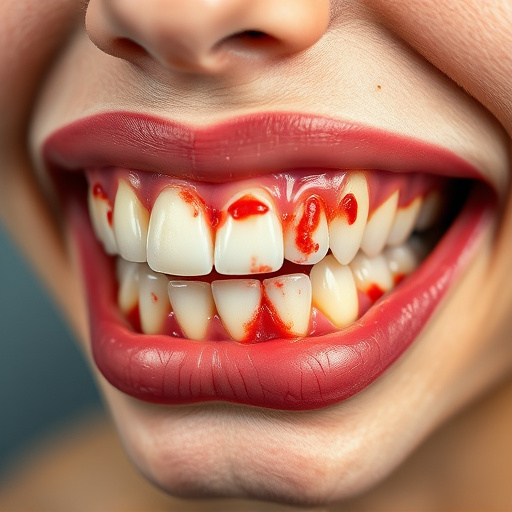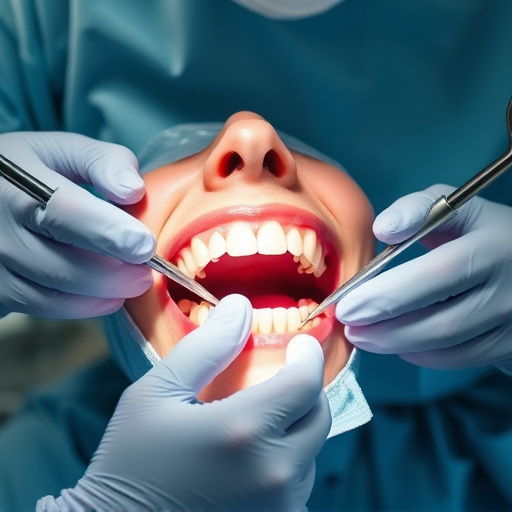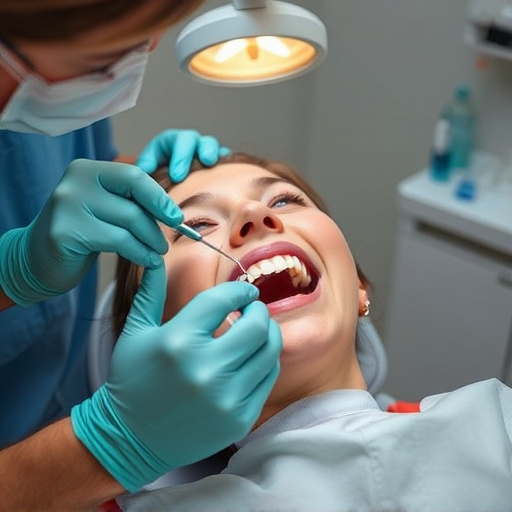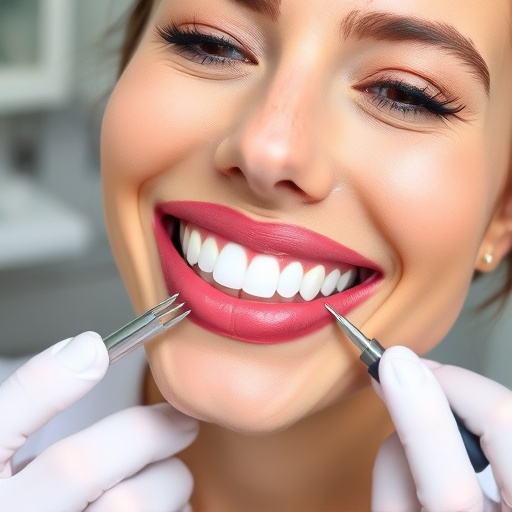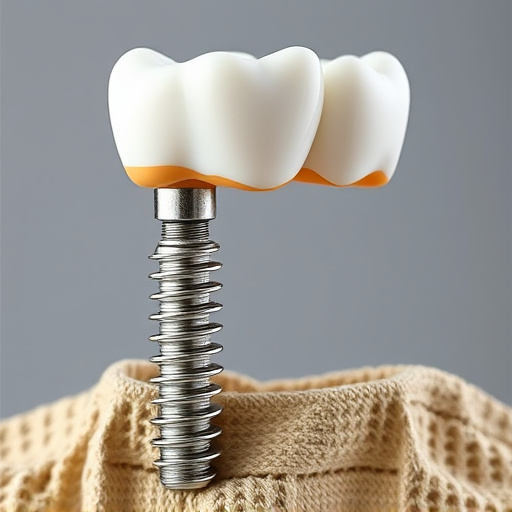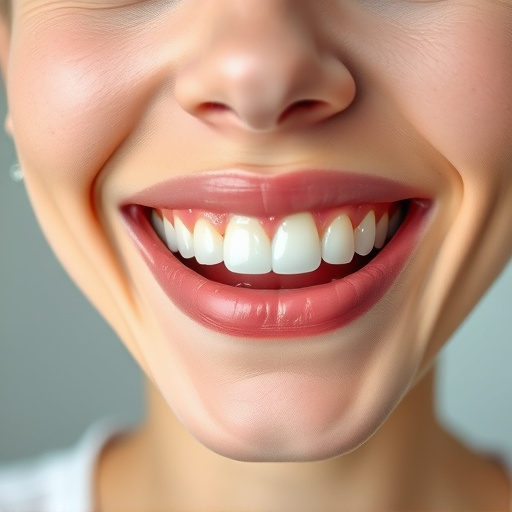Holistic dental care offers a transformative, whole-body approach to oral health, treating patients as unique individuals whose overall well-being impacts their teeth. Unlike traditional dentistry focused on invasive procedures like fillings and extractions, this method emphasizes gentle techniques, natural remedies, dietary changes, and preventive care. Holistic dentists consider environmental factors, stress levels, and emotional well-being to create personalized treatment plans that support the body's natural healing processes, prioritizing overall wellness over quick fixes.
Discover the transformative power of a holistic dental approach, where gentle, noninvasive techniques prioritize your overall well-being. This article explores how holistic dentistry departs from traditional practices by focusing on natural remedies, preventive care, and nutrition. Learn about advanced technologies that enable accurate diagnoses without radiation and uncover the profound benefits, including reduced anxiety, improved oral health, and enhanced whole-body wellness.
- Understanding Holistic Dental Care: A Gentle Approach
- – Definition and principles of holistic dentistry
- – Difference between traditional and holistic dental practices
Understanding Holistic Dental Care: A Gentle Approach
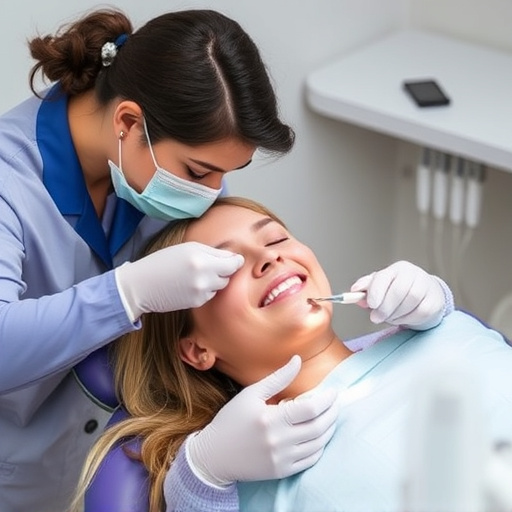
Holistic dental care focuses on treating patients as a whole, considering their overall health and well-being when addressing oral issues. Unlike traditional practices that may lean heavily on invasive procedures, this approach prioritizes gentle techniques to promote natural healing. Instead of just fixing problems, holistic dentists aim to prevent disease and maintain optimal oral health by understanding the intricate connection between the mouth and body.
This philosophy extends beyond procedures like wisdom tooth removal (a common non-holistic practice) to encompass comprehensive dental care. By taking a family dentistry perspective, holistic practitioners consider environmental factors, diet, stress levels, and even emotional well-being to create tailored treatment plans. The goal is not just to achieve healthy teeth but to ensure the entire body functions at its best.
– Definition and principles of holistic dentistry

Holistic dentistry is a therapeutic approach that considers the entire being when addressing dental health and wellness. It’s rooted in the belief that the mouth is connected to the rest of the body, and that oral health can significantly impact overall well-being. Instead of focusing solely on symptoms or treating individual teeth, holistic dentists view each patient as a unique whole, taking into account their lifestyle, diet, stress levels, and environmental factors when crafting treatment plans. This approach prioritizes gentle, noninvasive techniques to promote natural healing and prevent disease rather than relying heavily on drugs or surgery.
Key principles of holistic dentistry include minimizing the use of harmful chemicals in treatments, promoting biocompatibility between teeth and restorations, and emphasizing preventive care through regular routine oral exams, dental cleanings, and proper at-home hygiene practices. Even procedures like wisdom tooth removal are approached with a focus on conservation and minimal intervention whenever possible.
– Difference between traditional and holistic dental practices
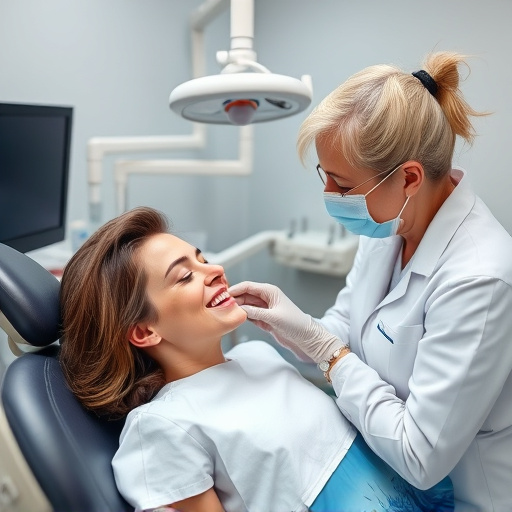
In contrast to traditional dental practices that often focus on quick fixes and invasive procedures, a holistic dental approach prioritizes natural, non-toxic solutions and treats the patient as a whole. While general dentistry typically addresses symptoms with treatments like fillings or extractions, holistic dentists explore underlying causes of oral health issues. They believe that overall well-being, including nutrition, stress levels, and environmental factors, significantly impacts dental health.
Instead of relying on surgical interventions like dental implants, which can be costly and invasive, holistic practitioners may recommend natural remedies, dietary changes, and gentle techniques such as biofeedback or acupuncture to reduce pain and promote healing. Even in children’s dentistry, where preventive care is crucial, a holistic approach emphasizes non-toxic cleanings, natural teeth-whitening alternatives, and educational strategies to teach young patients about the connection between oral health and overall wellness.
Holistic dental care is transforming the way we think about oral health, emphasizing the connection between overall well-being and mouth health. By adopting gentle, noninvasive techniques, this approach prioritizes natural healing and minimizes the use of harmful chemicals. In contrast to traditional practices, holistic dentistry considers the entire body as one interconnected system, offering a more balanced and sustainable approach to dental care. Embracing these innovative techniques can lead to improved oral health and overall quality of life for patients.





